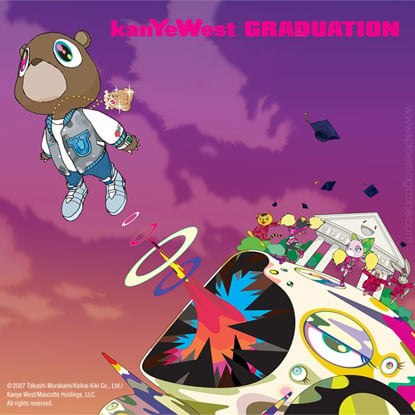doclinkin wrote:payitforward wrote:Doc -- I assume you know this paper: https://daveberri.weebly.com/uploads/6/1/3/8/61387427/2011berribrookfennjpa.pdf
Oh this thing again. Here was my quibble with it at the time. Berri only studied the first 5 years of a player's performance. Not peak performance, or career performance, or performance at player prime (~26 years).
NBA execs draft not for instant production on a rookie contract, they draft for upside. Ideally they keep a high performing player their entire career. If you study only a player's rookie contract then you will find your study is biased towards upperclassmen who have spent their developmental years at college but were not quite talented enough to jump to the NBA after their rookie season.
So yes, in the narrow slice of time of a player's rookie deal you will surely get better production out of juniors and seniors who are good enough to be drafted. They were not talented enough to jump early, but did show sufficient production to be on team's radar. Box score heroes. However you will miss out on the hypertalents. If you look at the first few years of young players like Kobe, or say Deni Avdija, you can expect them to underwhelm early on. They are spending their freshman years getting their ass handed to them by professional players in their 30's.
Obviously among the best of the best are those who were good enough to dominate as soon as they jumped to the league. Shaq, LeBron, etc. Those players will go #1 overall. They will perform well early and maintain that production or even get better. But you will miss out on players whose prime is higher than other players who produced the instant they hit the league but never progressed much beyond that.
Malcolm Brogdon won Rookie of the Year as a 24 year old. He was drafted with the 36th pick. Would you rather have Malcolm Brogdon on your team or Jaylen Brown (same year 3rd pick, 20yrs old).
If you just look at their rookie contract or 1st 5 years in the league you would say Brogdon:
https://stathead.com/tiny/ZscWF
But you would have missed out on an All-NBA player, Allstar, and Finals MVP. In favor of a one-time Rookie of the Year, one time 6th man. Still a nice player, but you also would have lost 140 games to injury relying on the older Brogdon.
Career win shares may be a better measure, even if it is biased towards winning teams. Career Wins Produced would be a fine metric too (even WP48 though that may be biased for 6th man types like Lou Williams or Ginobili) but only if you are looking at the totality of a player's career, not their rookie contract.
Another quibble with Berri et al. I'd like to see a Usage% correction to some of these efficiency stats. Your best players are high usage high efficiency standouts like Kevin Durant. Occasionally a guy like Otto Porter will look like an efficiency god for a couple years because he only shot good shots, but was not bending defenses since he was not aggressive in hunting his shot. Leave the grunt work to other players while the role player sparkles in the box score. I think a team could build a really solid regular season team by building with these sort of players. Trade downs for underdogs, overlooked box score heroes. It doesn't strictly seem to translate to championships.
For now though we are seeing teams win with guys who grew into their potential (Giannis, Kawhi, Jokic) or lottery picks (Curry +KD +Klay) (Brown + Tatum) or #1 overall phenoms (LeBJ or Duncan). And as far as career wins are concerned, those players tend to be found at the top of the draft. They are worth every penny of the contracts they earn AFTER they are off the rookie scale.
A little overstated, sez I (in my best imitation Jokic voice), but I don't really disagree.
It would be a strange world if there weren't some advantage to a higher pick. It's just that past 3 it doesn't amount to much. Or, it rarely does.
Pick a random draft, & it'll jump out at you. I.e. you can mention Jaylen Brown, no problem, so lets take the year he was drafted. Tell me, what did Dragan Bender (4), Chris Dunn (5), Buddy Hield (6), Marquese Chriss (8), & Thon Maker (10) -- i.e. 5 of the 7 guys drafted right after Brown -- deliver to the teams that drafted them?
Give me Pascal Siakam (27), Dejounte Murray (29), Ivica Zubac (32), & Brogdon (36), please --
For that matter, Jaylen Brown was taken at 3 & has had a better career than either the #1 or #2 pick that year.
In fact, let's just pick the 10 most outstanding guys that year. How's this list? Jaylen Brown (3), Pascal Siakam (27), Damontas Sabonis (11), Dejounte Murray (29), Jamal Murray (7), Caris Levert (20), Malcolm Brogdon (36), Ivica Zubac (32), Ben Simmons (1), Jacob Poeltl (9).
Average pick position? 17.5 -- so that's what you want! The number 17.5 pick in the draft! & there you have the problem with "analysis," Doc -- sometimes it just masks the real-world facts being shouted out by the data itself!



















